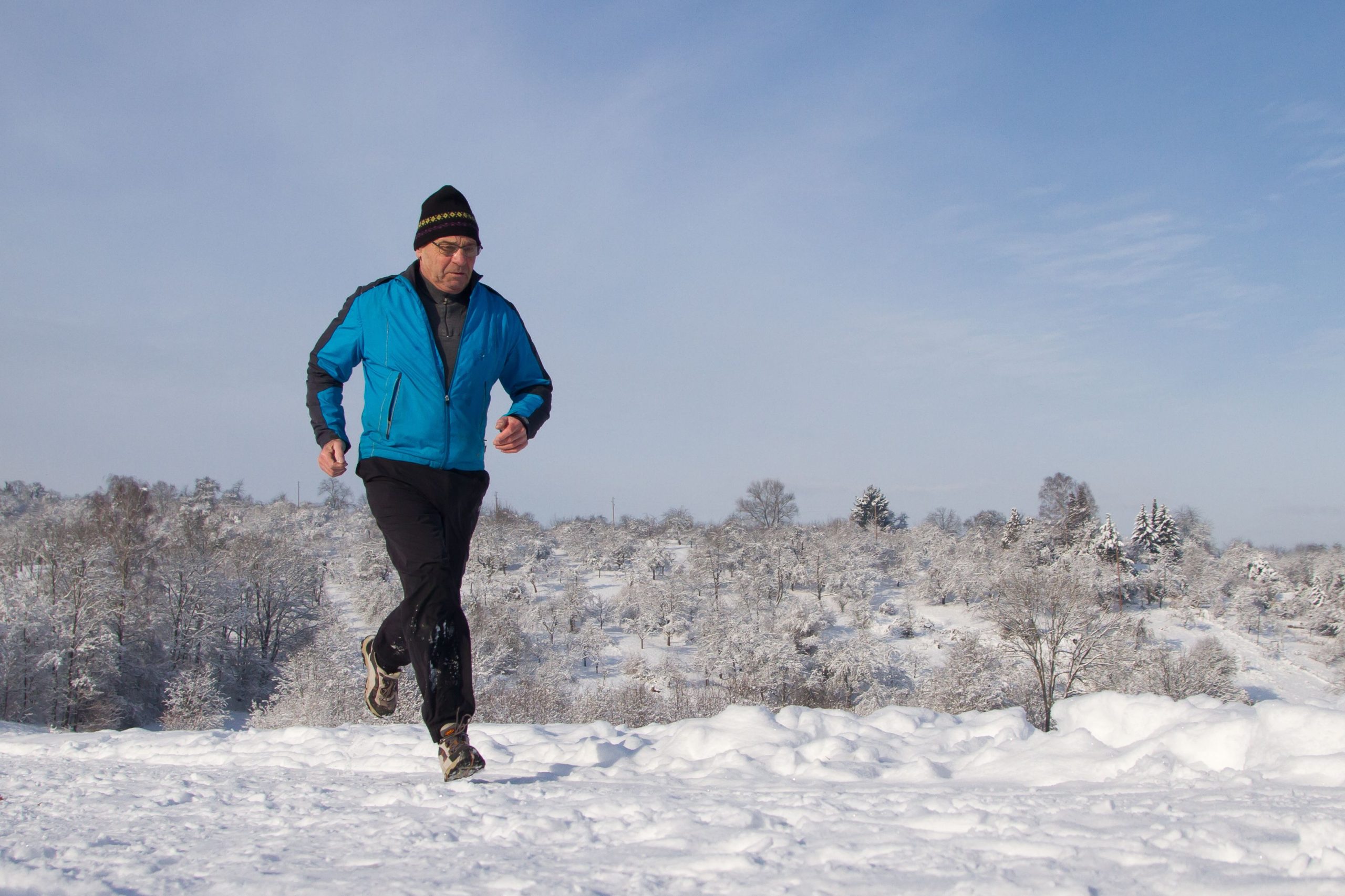As we start 2021 many people have made the resolution to begin focussing on their health. To lose weight, get stronger, feel better, or even to be as healthy as possible to fight COVID-19. But before you jump headfirst into your new exercise regime, follow our tips to make sure it’s done in a safe and sensible manner.
Firstly, think about why you want to exercise more. Just because it’s the start of a new year, or you’ve been told to lose weight, probably isn’t going to motivate you in the long term. Your motivation needs to come from within, you need to be doing it for you. Spend some time thinking about why you want to make changes and look at it as a lifestyle change not just something for the next few weeks or months.
If you do not currently exercise very much or you have any health concerns at all, consult your GP before you start. You don’t need a full medical, but it will give you an opportunity to discuss your plans and any concerns as well as giving an opportunity for your GP to raise any issues.
Use common sense when choosing your activities. If you have led a reasonably sedentary lifestyle, don’t suddenly start jumping and leaping around the place. Think more of a brisk power walk, cycling or swimming and start with a short distance and build up from there.
Lifting weights and using resistance machines has great benefits for your health but again start slowly. Start with light weights and concentrate on performing the movement correctly, using the correct form. If you are unsure than ask a member of staff or Personal Trainer, they will be only too happy to help.
Don’t over do it. You don’t have to spend an hour in the gym or cycle 50 miles, any exercise is better than none! There’s nothing worse than waking up stiff and sore, that will really demotivate you. Start off slowly and increase your activity levels gradually over time. To help alleviate muscle soreness don’t forget to stretch after you have finished your activity, a few simple stretches can make all the difference.
Finally, be kind to yourself. If you miss a session or don’t exercise for a week, it doesn’t matter. Everyone has balls to juggle and different things competing for your time. Just acknowledge that fact that things didn’t go according to plan, try and learn from that and then carry on. Getting healthy is a lifestyle change not a fad.
